20% of people admit to falling asleep at meetings
In a recent survey of over 2,000 people, 20% admitted to having fallen asleep at a meeting, with men apparently slightly more likely to nod off than women. When you consider that middle managers spend around 35% of their time in meetings and senior managers more like 50%, making meetings better by being more interesting, engaging, productive and efficient should be close to the top of everyone’s lists.
In the world of remote working while fewer people may be falling asleep at meetings, it’s so easy to become distracted when you’re in front of a computer on a conference call. There are e-mails and messages popping up in front of you, that report you have to finish by the end of the day and even a sports result to follow!
Meetings, like them or not, are a means of communicating and resolving issues. If they’re not your cup of tea, tough! They won’t go away. They can, however, be made a lot more better. There’s little point in insisting that busy people attend meetings that waste their time, so follow these suggestions and you’ll reduce the chances of it happening:
1. Communicate the objectives and agenda to all participants before the meeting starts
Too many meetings start with vague objectives, drift off in all sorts of directions and and don’t even achieve the vague objectives! Decide what you want to achieve before you book the meeting and write it down clearly in the invite.
2. Sort as much out as possible beforehand
If a document is going to be reviewed, everyone should read it beforehand. Messaging within a group is a great way to resolve most of the issues before meeting. Use the meeting to resolve the contentious or tricky issues, get everything else out of the way before you meet.
3. All appropriate people must be invited – and must attend
Sort of obvious but if you’ll just end up calling another meeting if you don’t make this happen.
4. But on the other hand the numbers attending must also be kept to the minimum required – don’t invite spectators
Probably the best way of guaranteeing meeting failure is to invite more people than you need. You’re either going to bore people or have so many views offered you’ll never get through the meeting.
5. Everyone should turn up on time
Again, obvious but how many meetings have you attended when everyone turned up on time? So much time is wasted waiting for people to arrive.
6. It should be made clear that everyone should concentrate on the meeting and not get distracted
For face-to face meetings, people turning up with phones, tablets and laptops and using them during the meeting is unacceptable as is attendees on video conference becoming distracted by other stuff on their computer screens.
7. The meeting owner needs to be prepared and shouldn’t just try to ‘take it as it comes’
8. He or she must keep the meeting to the agenda and avoid being side-tracked
This is another classic issue for meetings where the discussion goes off at all sorts of tangents. If you want better meetings, keep to the agenda!!
9. Actions and decisions from the meeting must be minuted and followed up.
Don’t ever feel like it’s too much of a chore to minute a meeting. You’ll regret it after when no-one can remember what was decided and who is responsible to what actions.
10. Have consideration for remote participants to an office based meeting
If you’re in a meeting room with remote participants dialling in via audio or video conference have some consideration for the remote participants – they almost certainly aren’t picking up everything as well as you. Make sure you ask for confirmation and contributions from the remote participants. Keep them informed and involved.
11. Video conferencing is a lot more effective way of holding meetings between geographically remote staff than conference calls.
Unless the numbers become prohibitive, encourage participants on video conferences to switch their video on. It’s a whole lot better talking to a real person than a disembodied voice on a voice call.
12. Don’t attend meetings just because you were asked
You also need to decide how many meetings you, personally, need to attend. It’s very easy to find yourself overwhelmed by them, so be selective. You don’t need to go to them all and need to trust other team members to run meetings, and to find their own solutions to certain issues. However, meetings are a good medium for you to collect data. This might be hard data about progress against a plan, risks and issues, or useful information about how you think the team is working together, or concerns about a supplier.
13. If your meetings are remote rather then office based then look at Meetter
Meetter has taken a fresh approach to achieving better meetings. Meetter’s meetings are single issue and usually last no more than 10 minutes. Maybe you’re thinking 10 minutes can’t be enough but Meetter’s users don’t agree, they’re very happy with 10 minutes and what’s more everyone turns up on time and they don’t waste time talking about the weather.
Meetter calls its 10 minute meetings ‘meets’. Thousands of meets were held in 2020, 70% of which were 10 minutes or shorter. Meets are usually recorded which means if there was a meet you were interested in but weren’t invited to you can always watch the video which works well for a ten minute meeting.
Focus is much better too – the clicking of keyboards from distracted attendees just doesn’t happen in a 10 minute meet. Then there’s writing down what was agreed. Meetter fixes that problem too – it shows a notepad where actions and decisions can be agreed while the meeting is running and then automatically distributed via a close integration with Slack. No shows are rare in meets and the Meetter app schedules your meets automatically in time that people tell Meeter they’re happy to have meetings in – typically people will reserve one of two hour blocks in their calendars – leaving the rest of their time free for work.
We really love Meetter for remote meetings. It’s a really brave new approach and it really works! Take a look at our review of Meetter
Want to know more?
Gren Gale is a project management consultant who runs PM Results is author of
- Project Management for SMEs
- Project Management for SMBs
- The Remote Project Manager
- Remote Work The New Normal
- And creator of the Udemy course Project Management for Small and Medium Business
Articles and reviews on this site are written from an unbiased viewpoint. Once written we look to see if some of the links can generate affiliate income. It won’t make us rich but it helps pay the rent!


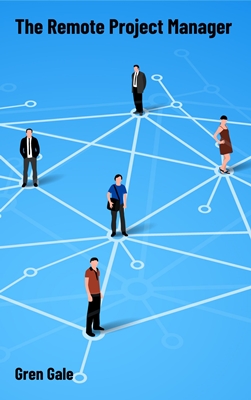
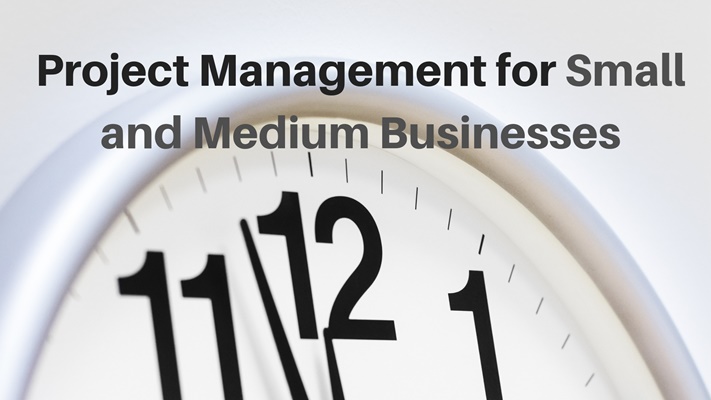
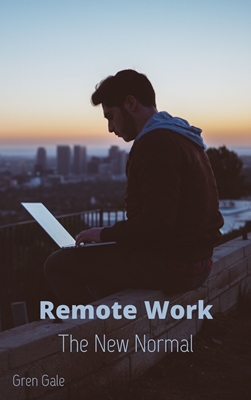
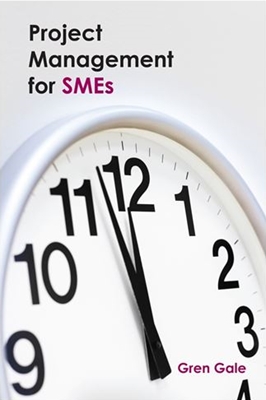
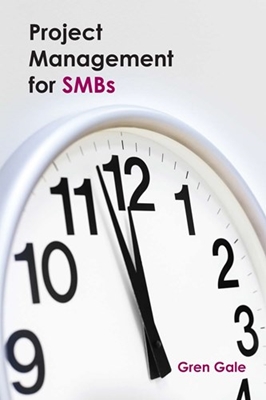
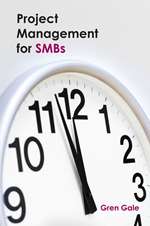
Recent Comments